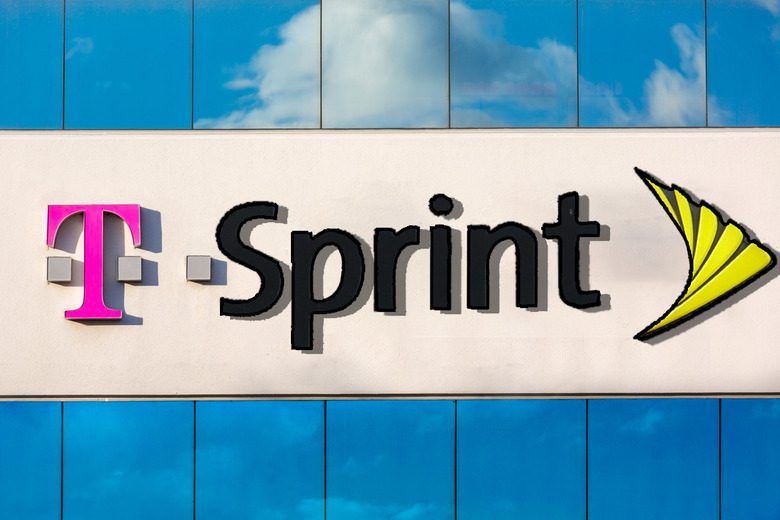Report: T-Mobile Sprint Merger Has Been Called Off
It's a reprieve at the last minute, folks. The rumored T-Mobile Sprint merger, which is just about old enough to vote, has reportedly been called off. Nikkei Asian Review is reporting that SoftBank, the Japanese telecom giant that owns Sprint, has decided to pull out of the deal "amid a failure to agree on ownership of the combined entity." T-Mobile owner Deutsche Telekom will be getting official notice "as early as Tuesday," the report continues.
Assuming that the report is true, it signals the end of months of rumors about a potential merger between the two networks. An announcement was expected within the next week or two, especially since both companies declined to take questions on their Q3 earnings, a move highly indicative of a coming announcement.
Nikkei reports that the sticking point was which company would retain control of the joint company. Since T-Mobile is doing much better than Sprint numbers-wise, T-Mobile owner Deutsche was looking for a majority stake. That reportedly didn't fly with SoftBank's board:
The German parent had insisted on a controlling stake, according to a source familiar with the situation. Some at SoftBank were initially amenable as long as the Japanese company retained some influence. But SoftBank's board affirmed at a meeting Friday that the company would not give up control. The decision was made Monday to call the talks off.
The good news is that this should end any serious talks about a wireless merger. T-Mobile was the logical candidate to take over Sprint's customers and network, since combining the two companies would make one big carrier, big enough to play with AT&T and Verizon — while making life worse for consumers.
But this will likely not be the end of takeover talks for SoftBank and Sprint. The Japanese owners are widely reported to want to offload Sprint, and numerous cable companies like Charter and Comcast are reported to be interested. Taking control of Sprint would give them the ability to offer "triple-play" bundles of home internet, cable TV, and wireless service. Sprint also owns significant amounts of high-band spectrum, which is ideal for delivering fixed wireless home broadband — and increasingly attractive alternative to running fiber to customers' homes.
